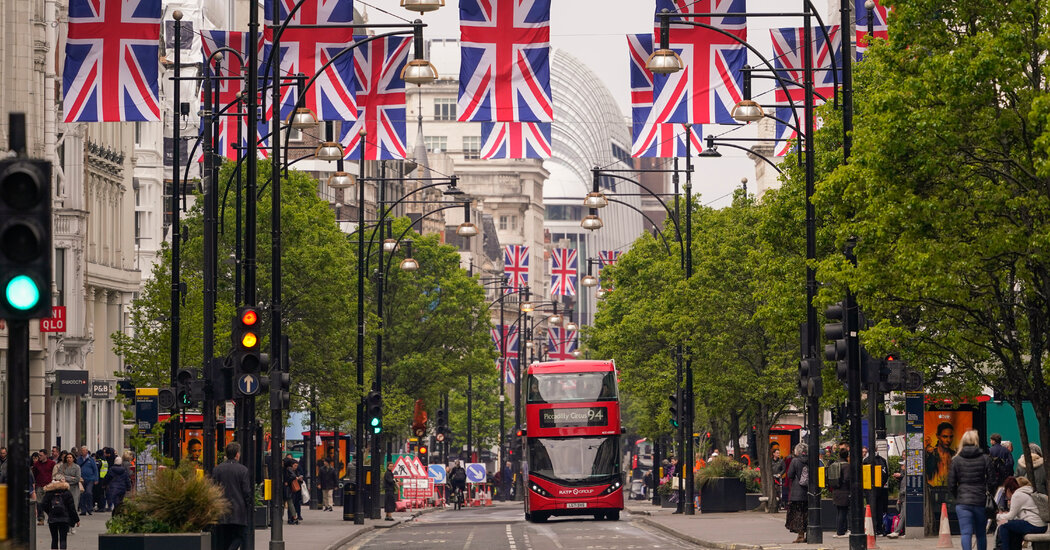For people traveling longer to attend the coronation, the event is not only a celebration of Charles’s coronation, but also a way to connect with their heritage.
Paul Dabrowa, a biotech company founder who lives in Melbourne, Australia, said his presence in London for the coronation is a way of honoring his own family history. Mr Dabrowa said his relatives had been expelled from Poland during World War II and resettled in Australia after the war under British law.
“I have great respect for the monarchy,” he said, adding that he had also attended Queen Elizabeth II’s funeral last September. He has not yet decided on her son, Charles, but will attend the royal procession in central London on May 6. “It’s worth giving him a chance and seeing what he’s going to do,” he said.
Pranay Manocha, a London-based software engineer, will not be among the cheering crowd.
Mr Manocha, 43, said the marching band is ill-timed given Britain’s rising cost of living, which has left many people struggling to afford their groceries. What’s more, his grandparents had been displaced by the 1947 partition of India and Pakistan, a legacy of colonialism: Celebrating an institution that had left lasting pain didn’t seem right, he said.
“It will be almost unbearable to see everyone celebrating what still hurts,” he said, adding that he would instead go hiking in Cornwall on May 6. “I hope the weather will be nice.”
Follow New York Times Travel on Instagram And sign up for our weekly Travel Dispatch newsletter to get expert tips on smarter travel and inspiration for your next vacation. Are you dreaming of a future getaway or just traveling in your lounge chair? View our 52 places to go in 2023.

